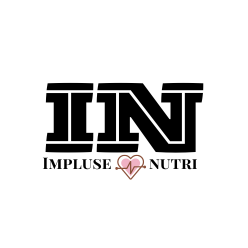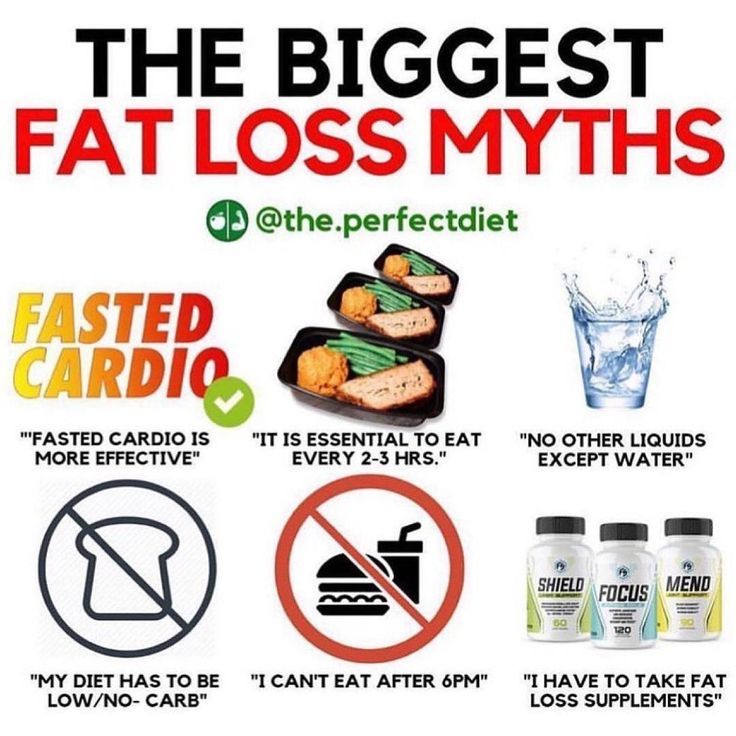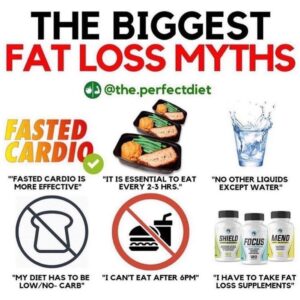There are several fatloss myths and misconceptions about fat loss that can mislead individuals trying to lose weight. It’s essential to separate fact from fiction to make informed decisions about your weight loss journey. Here are some common fat loss myths:
1. Myth: Spot Reduction Works:
Many people believe that you can lose fat from specific areas of your body (e.g., the belly, thighs) by targeting those areas with exercises. The truth is, you cannot spot-reduce fat. Fat loss occurs throughout the body when you create a calorie deficit through diet and exercise.
2. Myth: Crash Diets Are Effective:
Crash diets that severely restrict calorie intake may lead to rapid weight loss, but they are not sustainable and can be harmful to your health. Once you stop the crash diet, you are likely to regain the weight lost.
3. Myth:
Fat Makes You Fat: Dietary fat is an essential nutrient and does not inherently make you gain weight. Consuming healthy fats, like those found in avocados, nuts, and olive oil, can be part of a balanced diet. It’s the excessive consumption of calories, whether from fat, carbohydrates, or protein, that leads to weight gain.
4. Fatloss Myth:
You Should Skip Meals:Skipping meals, especially breakfast, is often touted as a way to lose weight. However, skipping meals can lead to overeating later in the day and hinder your metabolism. It’s better to eat regular, balanced meals and snacks.
5. Myth: Carbs Are the Enemy:
Carbohydrates are an essential energy source for your body. It’s the type and quality of carbs that matter. Whole grains, fruits, and vegetables provide valuable nutrients and fiber, while refined carbohydrates and sugary foods should be limited.
6. Myth: You Can Lose Weight Quickly and Easily:
Rapid weight loss may not be sustainable or healthy. Slow and steady weight loss is generally more effective and allows your body to adapt gradually.
7. Myth: You Need to Eliminate All “Bad” Foods:
A healthy diet includes a variety of foods, including some less nutritious options in moderation. Completely eliminating certain foods can lead to cravings and make it harder to stick to your diet.
8. Myth: Supplements Are a Magic Solution:
While some supplements can support a healthy diet and exercise routine, they are not a replacement for proper nutrition. The most effective way to lose weight is through a balanced diet and regular physical activity.
9. Myth: You Can Out-Exercise a Poor Diet:
Exercise is crucial for overall health and can support weight loss, but it cannot compensate for a consistently unhealthy diet. The key is to combine both a healthy diet and regular physical activity.
10. Myth: You Should Follow Fad Diets:
Fad diets that promise quick results are often unsustainable and lack scientific backing. Instead, focus on long-term, balanced eating habits.
To achieve sustainable and healthy fat loss, it’s essential to adopt a well-rounded approach that includes a balanced diet, regular exercise, adequate sleep, and stress management. Consult with a healthcare professional or registered dietitian for personalized guidance and support on your weight loss journey.



